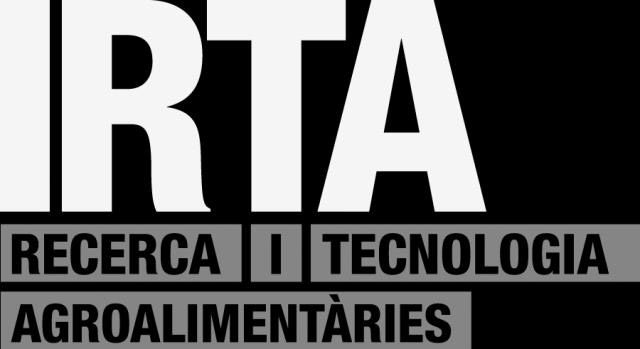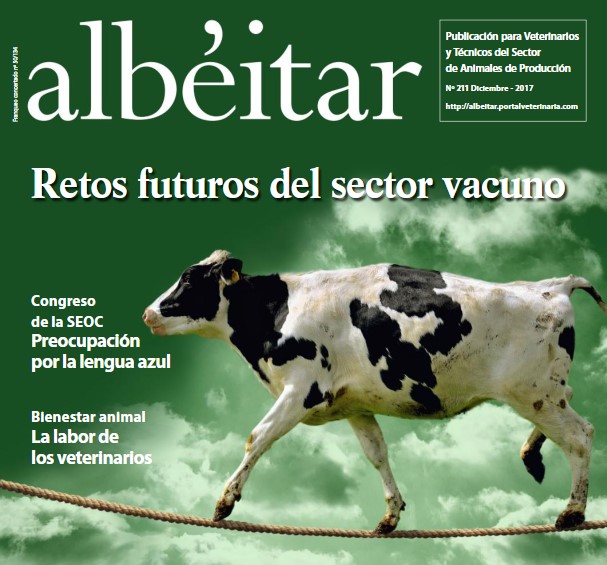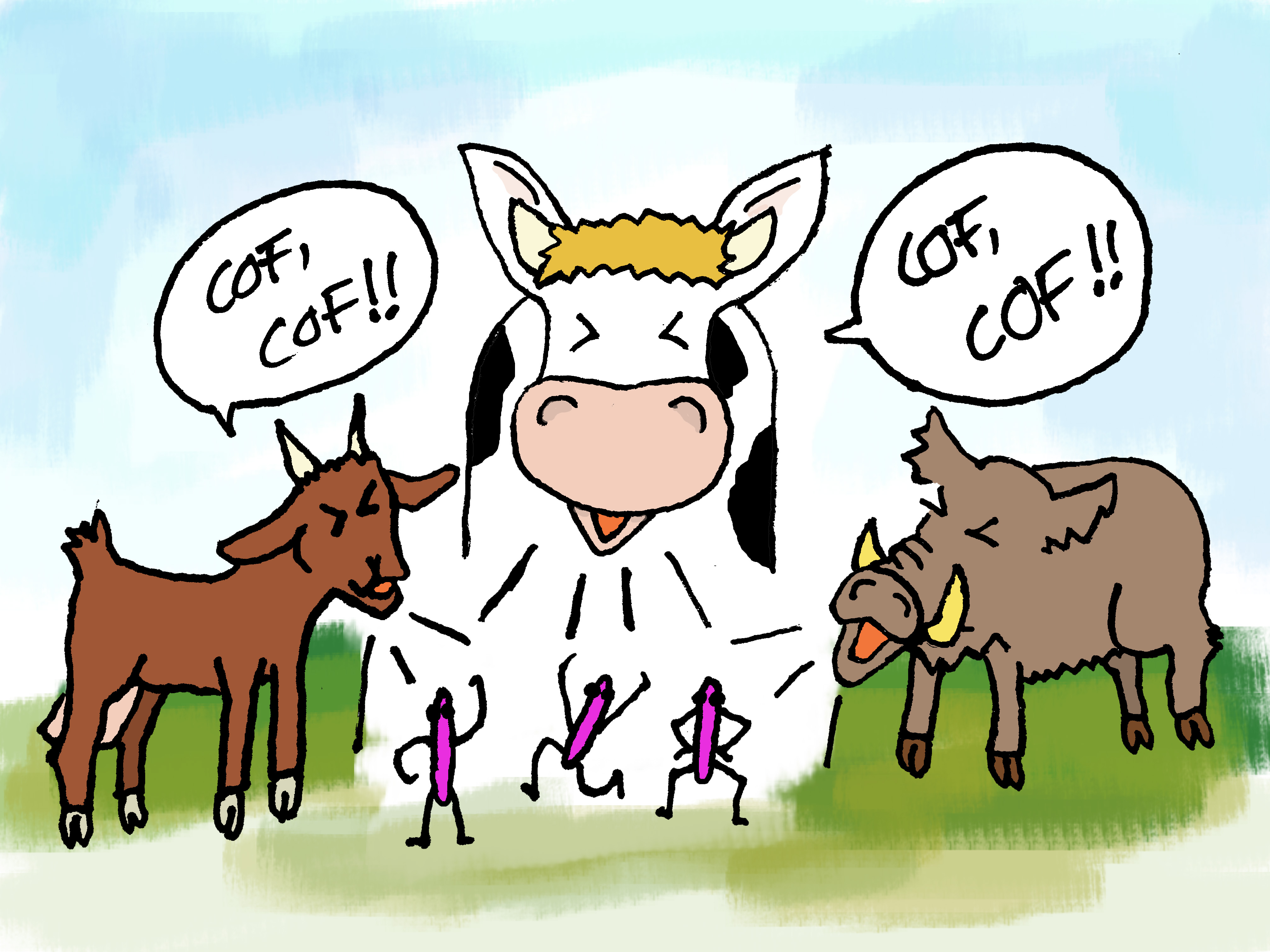Category Archives: Research
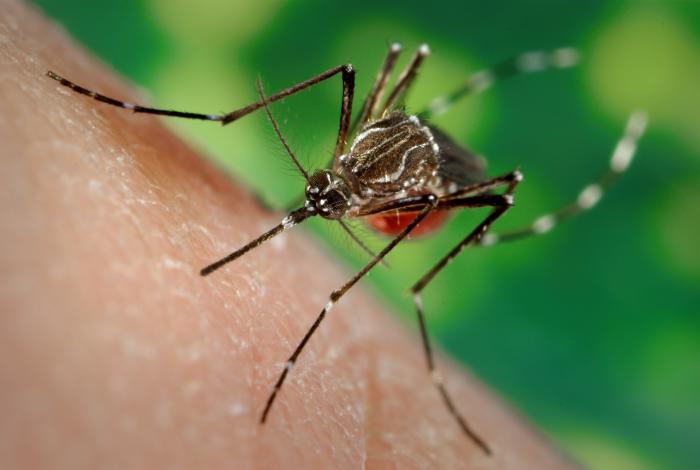
Aedes aegypti detection in Fuerteventura, Canary Islands
At the beginning of December 2017, the Ministry of Health of the Canary Islands Government, through its General Department of Public Health, detected some specimens of the mosquito Aedes aegypti in an urban area, Las Granadas , in the Puerto del Rosario on the island of Fuerteventura.

IRTA-CReSA will investigate a possible relationship between cases of sporadic Creutzfeldt Jackob disease and prion diseases of goats and sheep
The State Program for the Promotion of Research, Scientific and Technical Excellence, State Subprogram of Knowledge Generation, within the framework of the State Plan for Scientific and Technical Research and Innovation 2013-2016 of the Ministry of Economy and Competitiveness (MEIC) has resolved to estimate the partial (a 56%) funding of the project presented by IRTA-CReSA with the title: “Study of a possible causal relationship between cases of sporadic Creutzfeldt Jackob disease and Scrapie of small ruminants“. Reference AGL2017-88353-P.
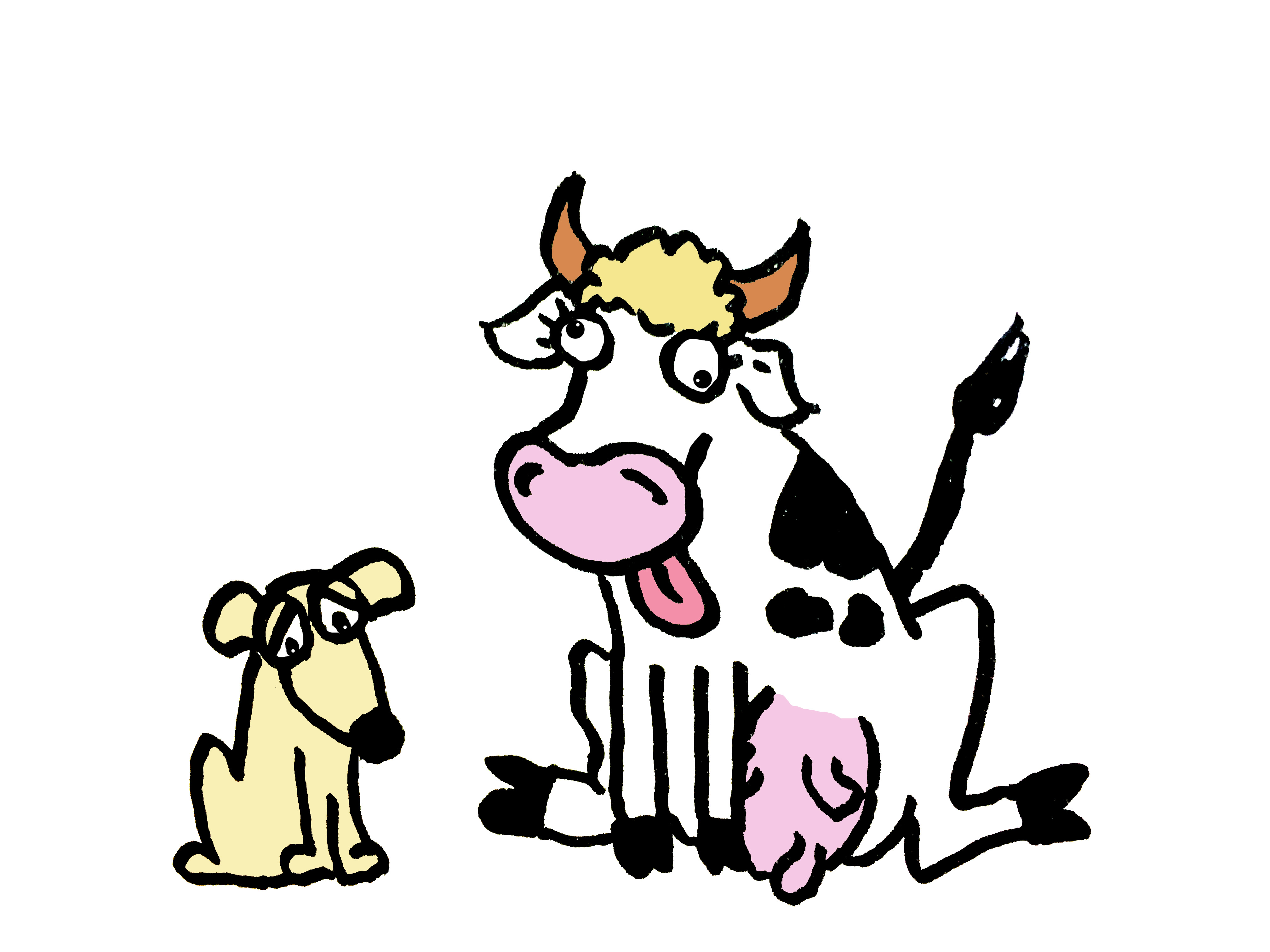
The dog that never lost it in a crazy world
Tim was staring astonished to Josefina the cow who, with her eyes wide open, was running away, scared, towards the barn, because she had seen a little mouse crossing the yard. On her way, poor thing, she stumbled and fell. With difficulty she got up again to enter her hiding place. Joseph, the farmer, had also seen the scene and sad, It had been seven years milking her every morning, decided that the time had come for Josefina.
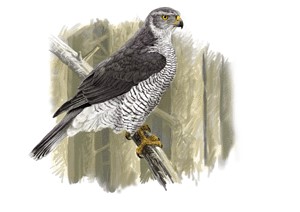
First detection of West Nile Virus in a bird of prey in Catalonia
For more than 10 years IRTA-CReSA has carried out the diagnosis and technical assessment of the West Nile virus surveillance program in Catalonia as a service by the DARP. This program was initiated with the objective of detecting early the circulation of West Nile virus (WNV), a virus that can affect wild birds and equids and is transmitted by mosquito vectors to human beings.
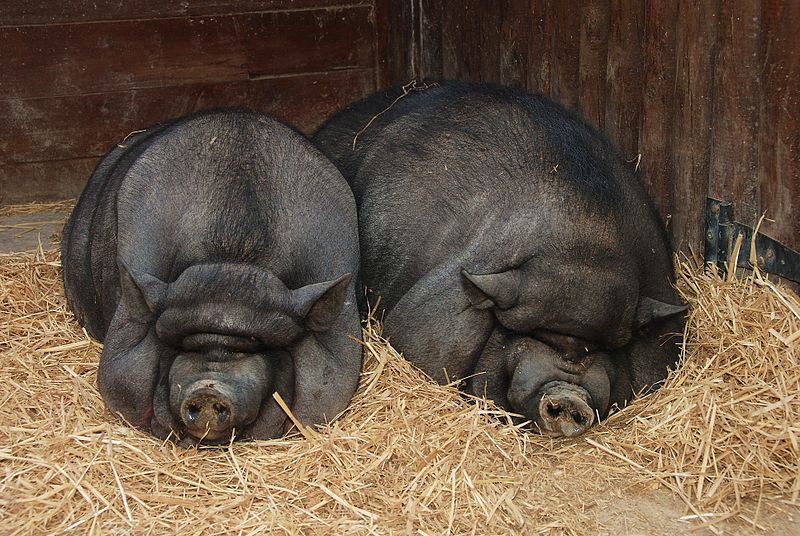
Will the smallest RNA molecule become the secret weapon to defeat the African swine fever virus?
A work carried out at IRTA-CReSA has allowed to identify different expression patterns of porcine microRNAs in an African swine fever virus (ASFV) experimental infection in pigs. The results not only increase our knowledge of the virus-host interaction but identify possible targets for the control of this important disease for which, at the moment, there is no vaccine in the market.
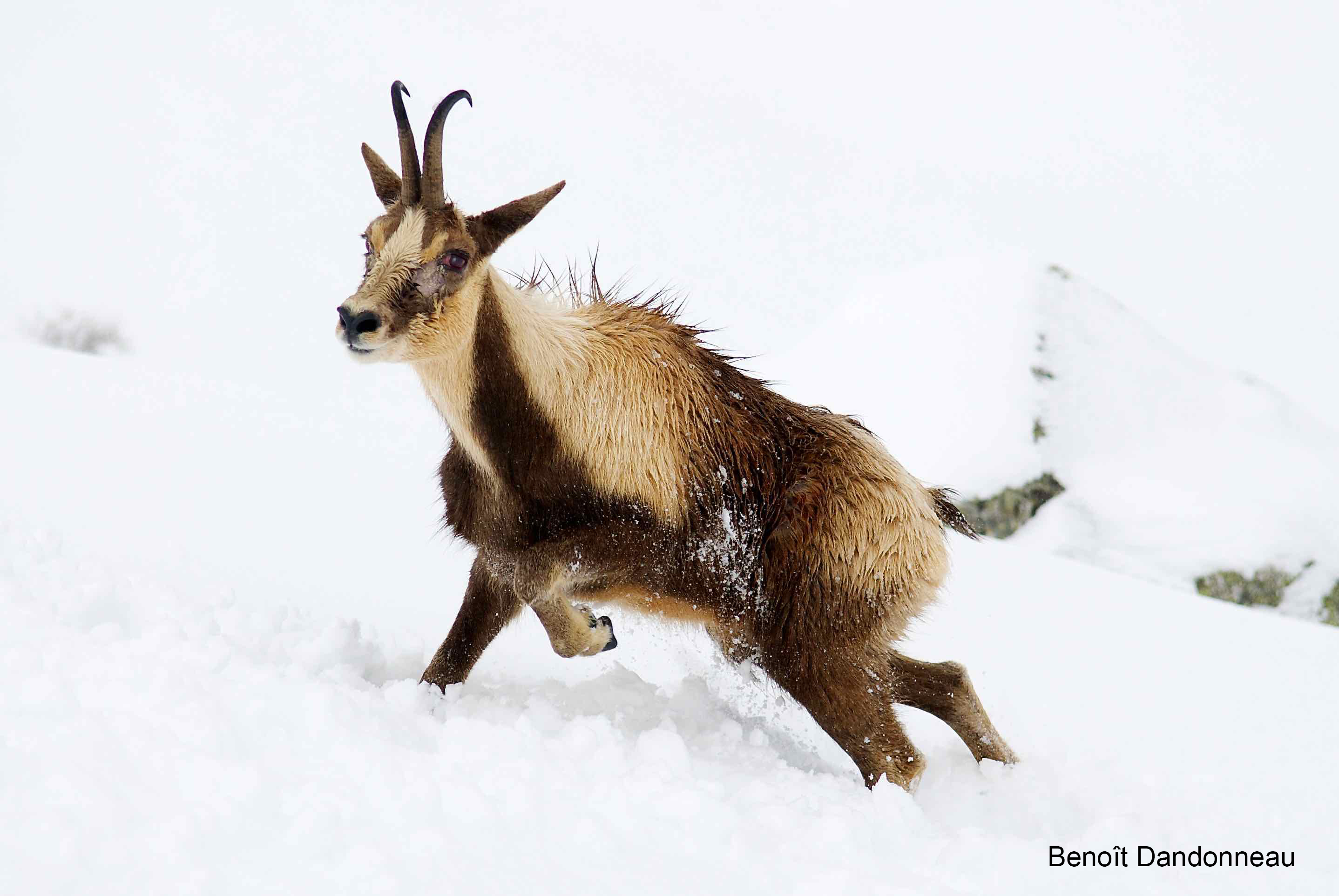
Why chamois go Blind?
Infectious keratoconjunctivitis is a highly contagious ocular disease that causes inflammation of the cornea and the conjunctiva, typically caused by Mycoplasma conjunctivae in wild and domestic caprines (Caprinae Subfamily).

